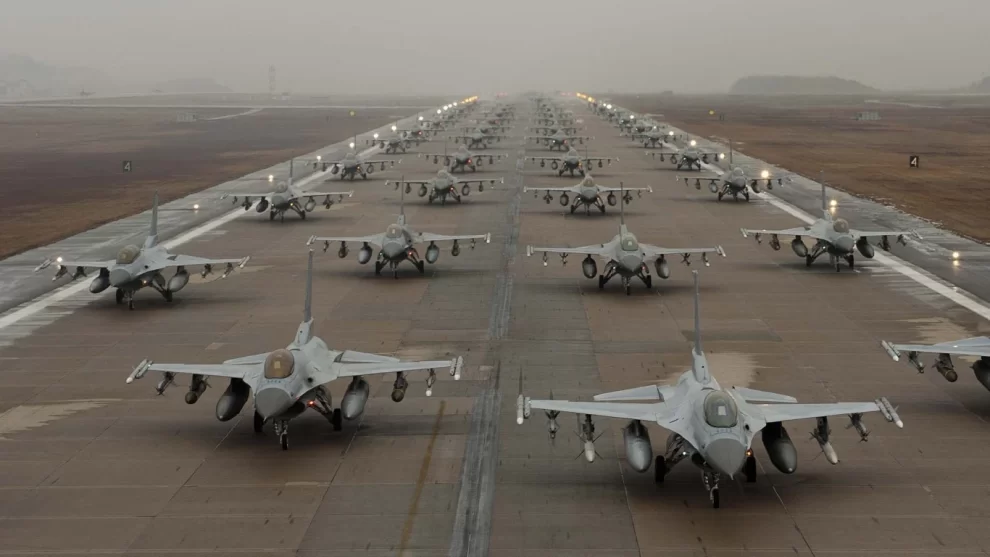The F-16 Block 70/72 remains in production—but only for export (the US Air Force no longer purchases F-16s). The F-16 has proven itself to be one of the most successful fighter jets ever made. It is a relatively small, capable, affordable, and versatile fighter jet that many middle or smaller air forces can afford to operate. Both new and second-hand F-16s remain in demand all around the world. In fact, Lockheed Martin says it currently has a backlog of 135 jets. Block 70/72 is the latest (and perhaps last) variant of the F-16 family and is night and day different from the original aircraft produced in the late 1970s and 1980s.
1 Ukraine
The world’s eyes are on Ukraine as it is set to receive old F-16s, expected to immediately be thrown into the fight against the Russian invasion
| Number of F-16s | 65+ |
|---|---|
| Block: | upgraded to block 20 (and possibly similar to Block 50/52) |
| State: | Used |
Ukraine isn’t ordering the F-16 Fighting Falcon so much they are being donated to the war-torn nation. Ukraine is in desperate need of more capable Western fighter jets to complement and replace its aging and worn out (and dwindling) assortment of old Soviet jets like the MiG-29 and Su-24.
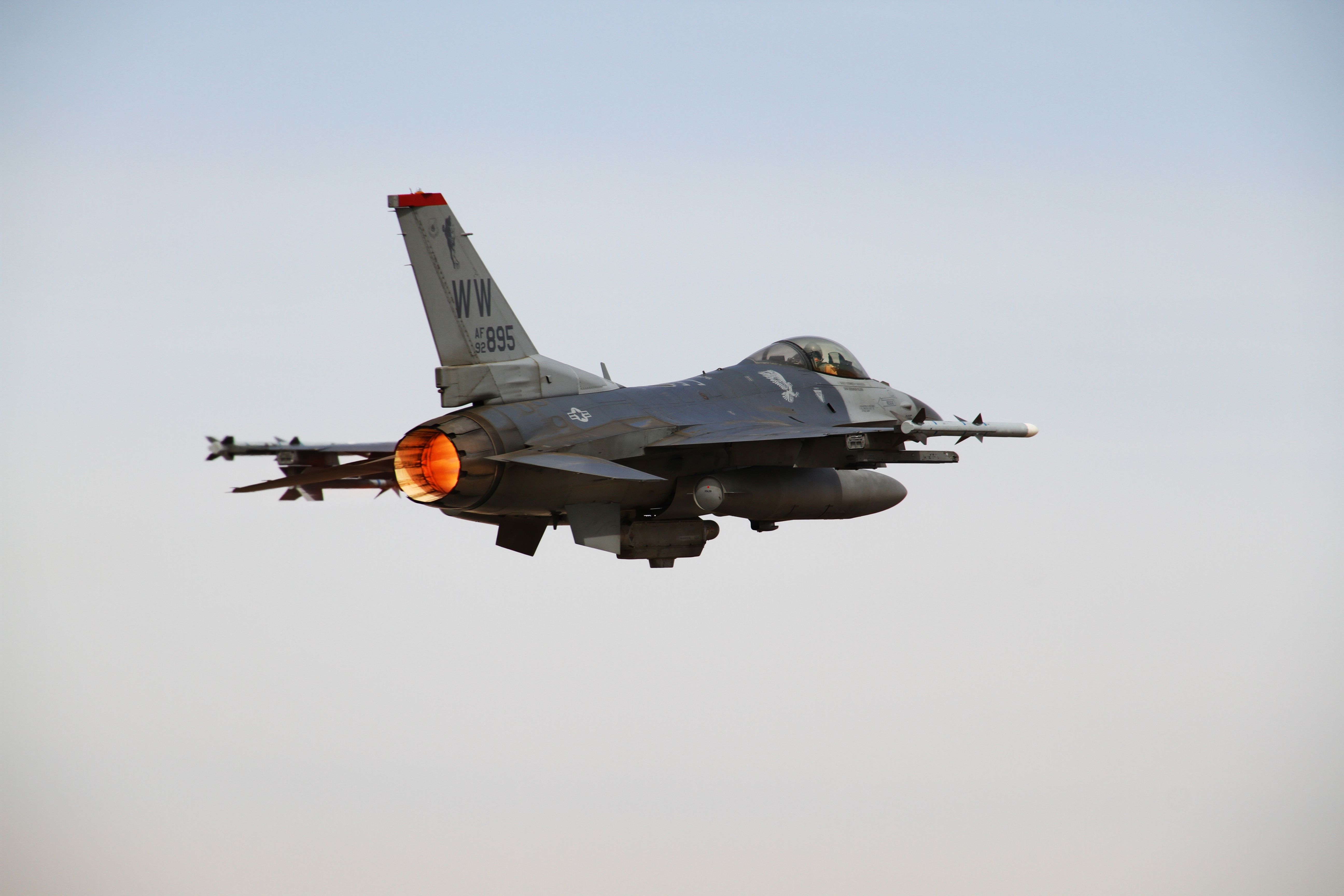
The Netherlands, Denmark, Norway, and Belgium are donating some of their F-16 Block 15/20s to Ukraine. These jets are being retired as these countries upgrade to the fifth-generation F-35 Joint Strike Fighter. Over 60 jets are being donated, and they are expected to start arriving in Ukraine this summer (some of them can only be used for spare parts).
2 Turkey
Turkey is purchasing several dozen new Block 70 F-16s and upgrading some of its large existing fleet of F-16s
| Number of F-16s: | 40 |
|---|---|
| Block: | Block 70 (plus modernization kits for older blocks) |
| State: | new |
Fighter jet sales are often as much about politics as they are about anything else. Turkey had contracted to purchase fifth-gen F-35 fighters, but at the last minute, before transferring the jets, the US kicked Turkey out of the program. This was in response to Turkey purchasing Russia’s S-400 air defense system (which the US feared could undermine its prized 5th-gen fighter jets). This left Turkey unable to grade its Western fighter jets.
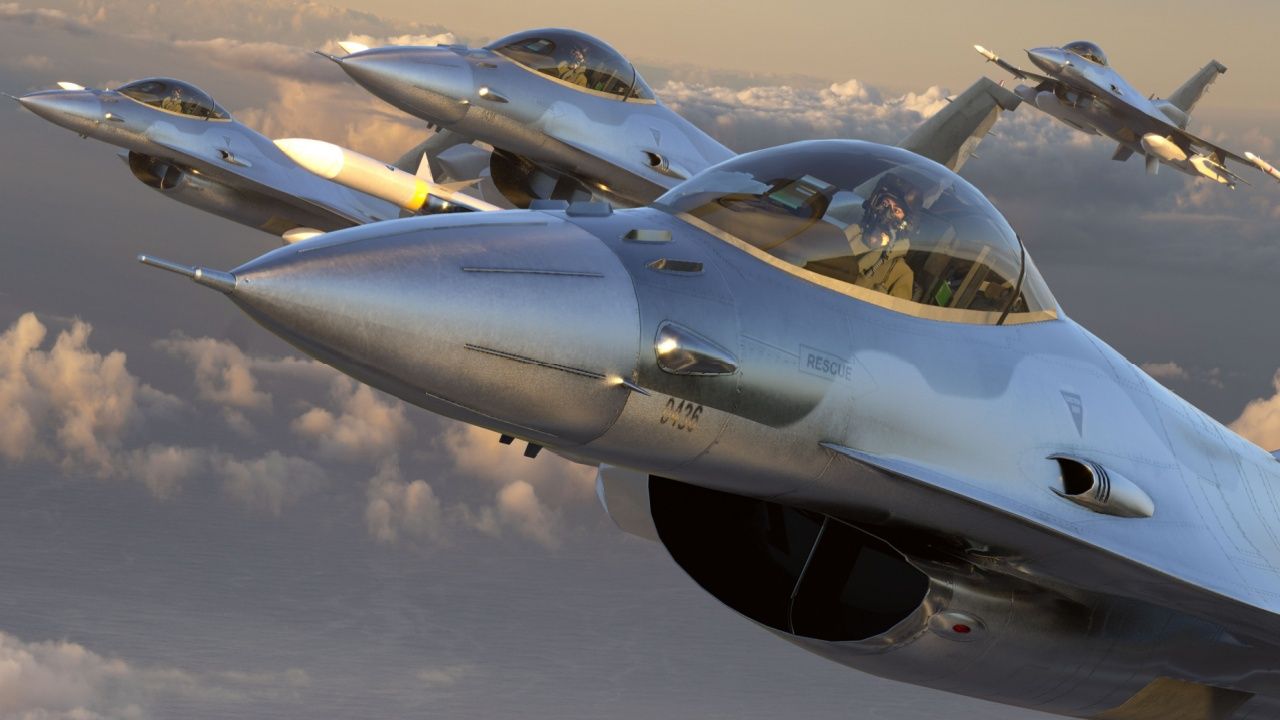
Likely as part of a deal. Turkey finally approved the accession of Sweden into NATO, and the US approved the sale of Block-70 F-16 fighter jets (along with 79 modernization kits for Turkey’s existing F-16s). Reuters reported that the deal was for 40 new Block-70 F-16s. Turkey already has a fleet of over 200 older Block 30/40/50 F-16s, making it one of the largest F-16 fleets in the world.
3 Argentina
Argentina is to receive desperately needed F-16 Block 15/20 hand-me-downs from Denmark
| Number of F-16s | 24 |
|---|---|
| Block: | upgraded to Block 20 (and possibly similar to Block 50/52) |
| State: | used |
Argentina’s air force and military have languished since the 1982 Falklands War. The Argentine military junta government fought the Dirty War, oppressing its own citizens and disappearing tens of thousands. This undermined its legitimacy, and successive civilian governments have been loathing to invest in an organization untrusted by the government and the people. At the same time, the British vetoed weapons transfers to Argentina, fearing they could be used again to invade the Falklands.
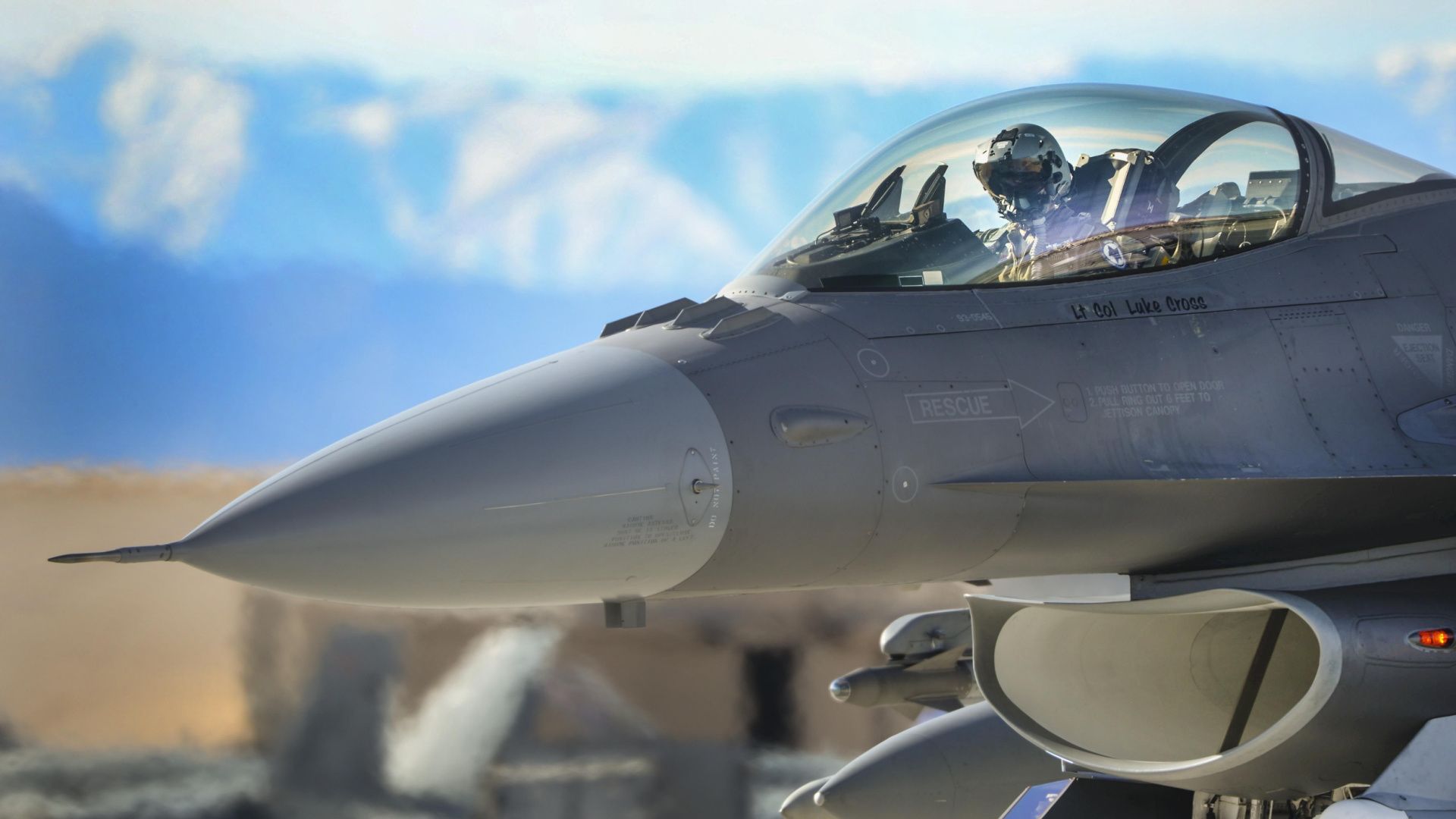
At this point, the Argentine Air Force barely possesses any strike capability. However, the deadlock has finally been broken as the British relented to Argentina receiving retired Danish Bock 15/20 F-16s. Reuters reported that Argentina had sealed the deal to purchase 24 jets along with spare engines, parts, and simulators.
4 Bulgaria
Bulgaria’s F-16 Block 70s are currently being assembled and are expected to start arriving in 2024
| Number of F-16s | 8+8 (16) |
|---|---|
| Block: | Block 70 |
| State: | new |
Bulgaria is another Eastern European country about to receive new Block 70 F-16 fighter jets. Bulgaria currently operates one of the oldest air forces in Europe, with an assortment of legacy Soviet aircraft. The Russian Full-Scale Invasion of Ukraine added urgency for Eastern European air forces to modernize their fleets (although the contract was made before the invasion).
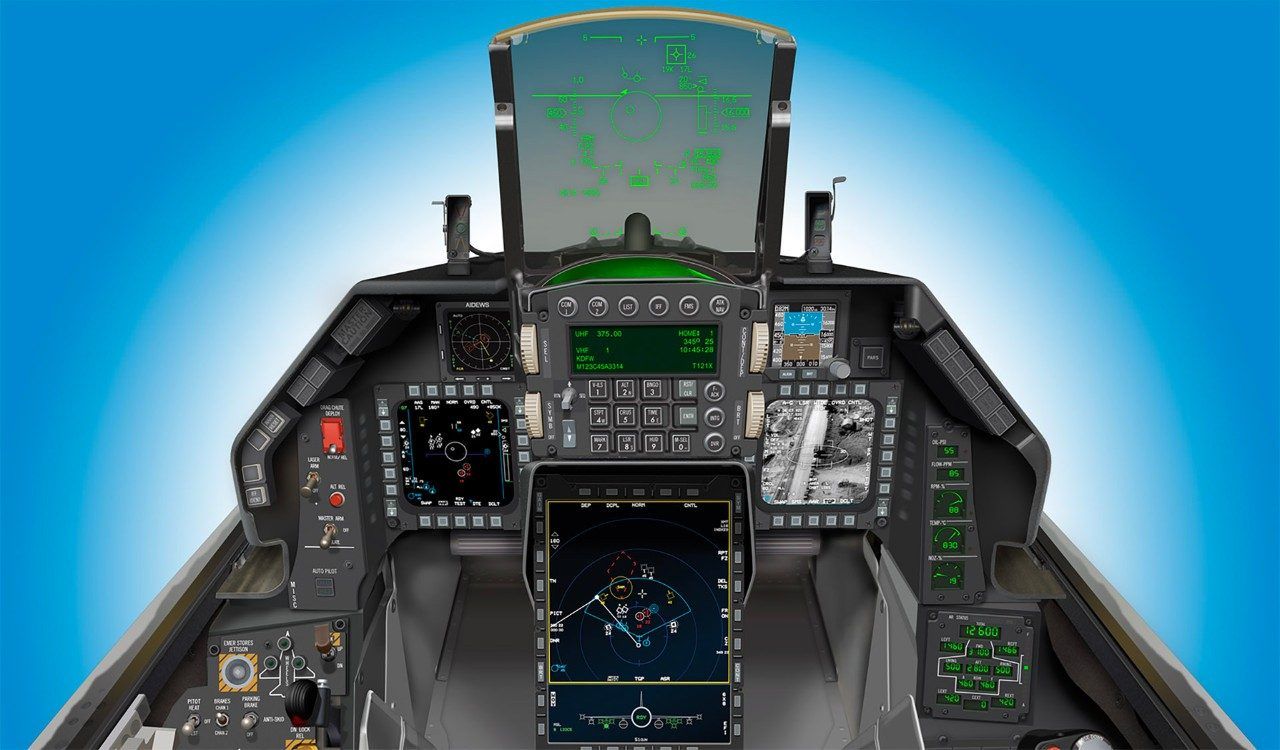
Bulgaria is set to be the second European country to receive F-16 Block 70. Construction on the first Bulgarian F-16s has begun in Greenville, South Carolina. The maiden flight of the first Bulgarian F-16 is expected in 2024 with first deliveries in 2025. According to Janes, the initial contract is for eight aircraft, and a follow-on contract for eight more to be received from 2027.
5 Slovakia
Slovakia is the first Eastern European country to receive F-16 Block 70s, which will form the core of the country’s strike capability
| Number of F-16s | 14 |
|---|---|
| Block: | Block 70s |
| State: | new |
Slovakia (one of the two countries that made up Czechoslovakia) was one of the early supporters of Ukraine. It donated its aging fleet of MiG-29s to Ukraine, leaving it temporarily without fighter jets. Slovakia is ordering 14 new-built F-16 Block 70s in a contract signed in December 2018 (then worth around $1.8 billion).

Lockheed Martin reported in January 2024 that it had delivered the first two F-16s to Slovakia. According to Airforce Technology, the first group of F-16s is expected to arrive in Slovakia by mid-2024, with more scheduled for 2025. Slovakia has ordered 12 single-seat F-16C and two twin-seat F-16D Block 70 aircraft. The contract also includes Raytheon AIM-120C7 Advanced Medium-Range Air-to-Air Missiles (AMRAAMs) and Sidewinder missiles.
Source: Simple Flying






















